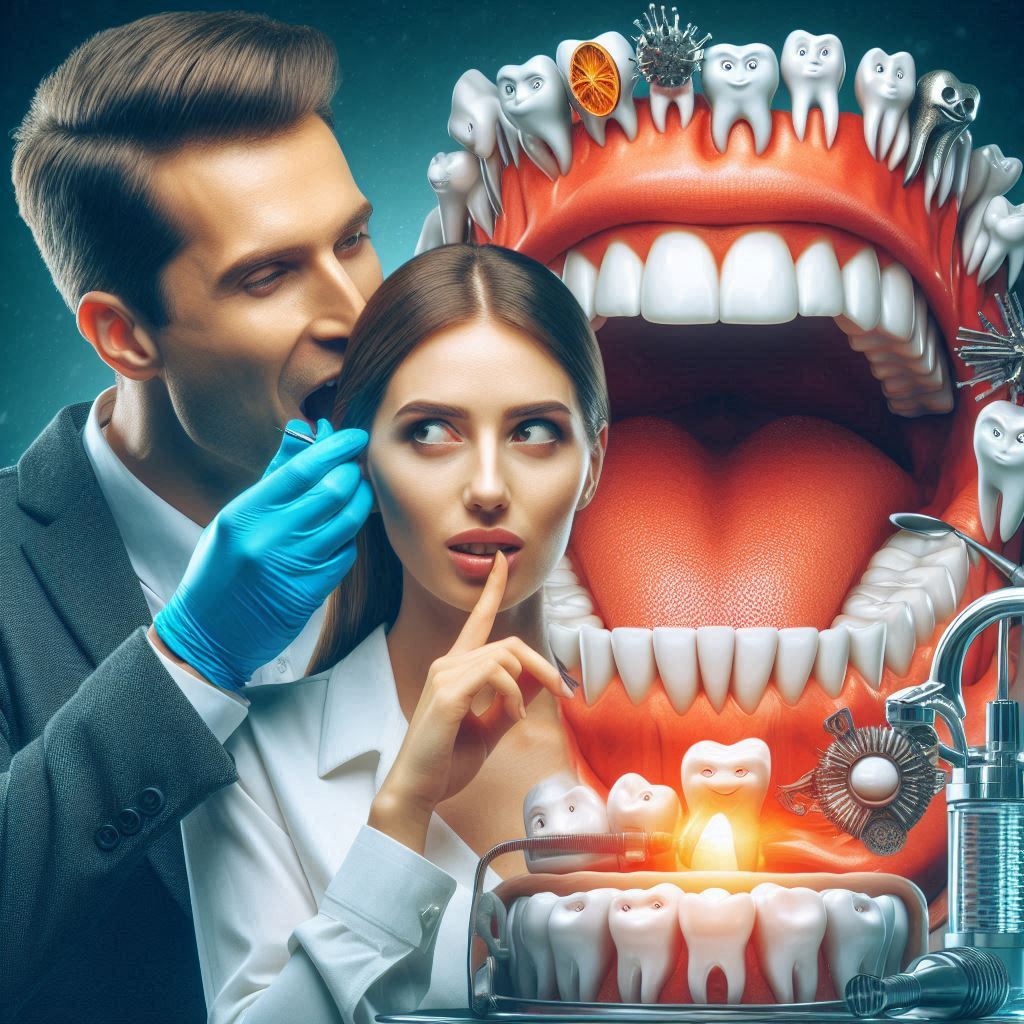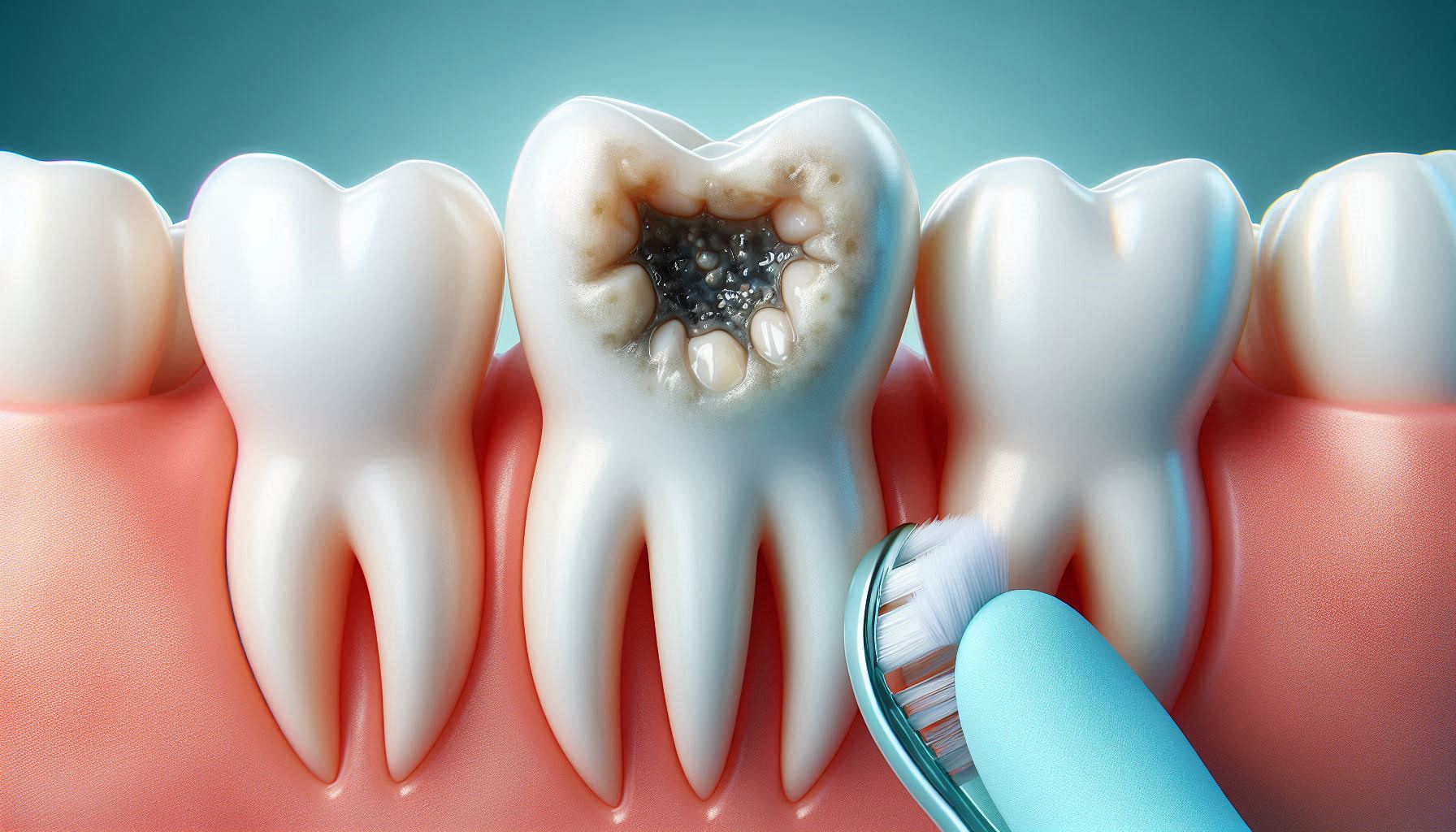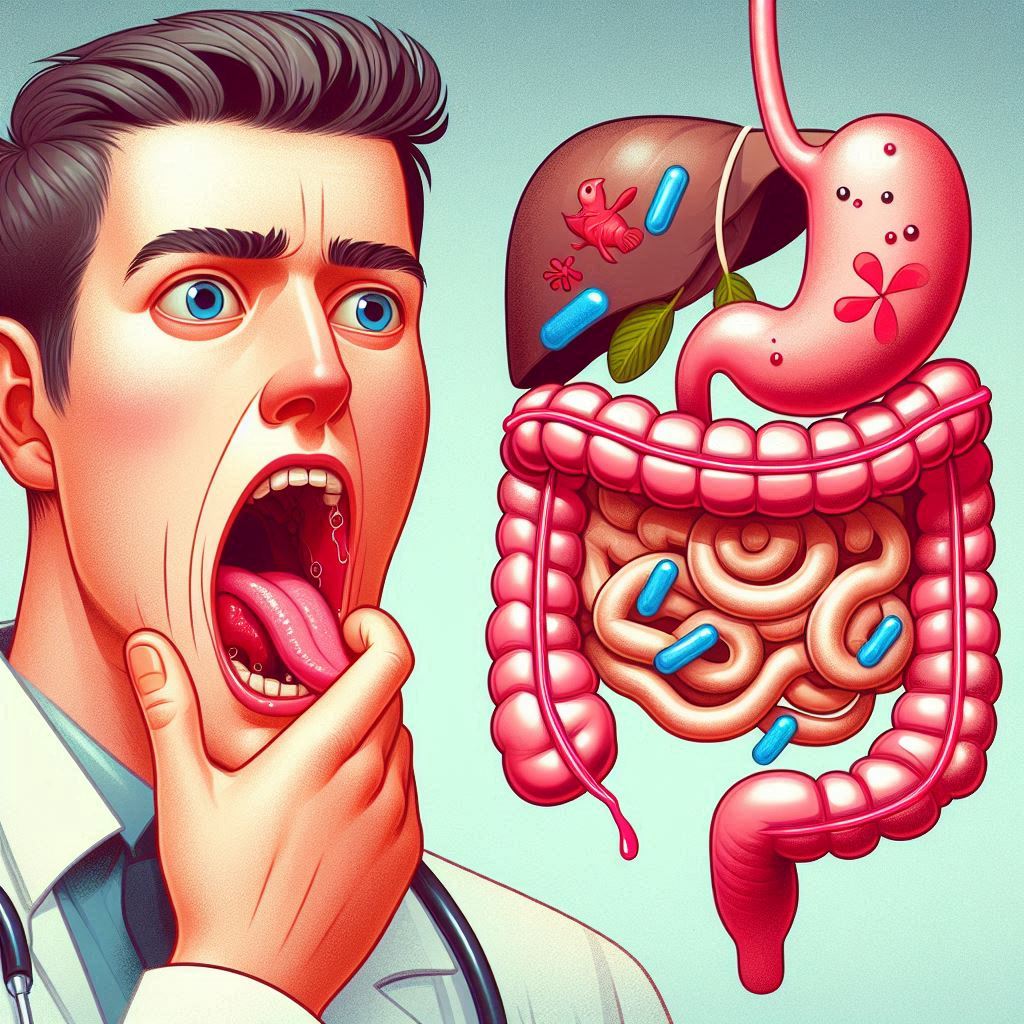Introduction
Charisma is often celebrated as a remarkable trait that seems to come naturally to a few individuals. These are the people who light up a room simply by walking in, whose words hold power, and whose very presence makes others feel seen, heard, and inspired. While most discussions about charisma focus on emotional intelligence, body language, tone of voice, and confidence, there is an often-overlooked yet crucial factor that plays an immense role in shaping one’s ability to connect with others: oral health.
What goes on inside your mouth can influence how you communicate, how comfortable you feel in social situations, and ultimately, how others perceive you. Bad breath, unhealthy teeth, and poor oral hygiene may seem like minor issues in the grand scheme of things, but they can actually have a significant impact on your overall charisma. Oral health doesn’t just influence your smile or speech—it affects how you present yourself and, in turn, how you’re perceived by the world. At its core, charisma is about making people feel good in your presence, which is why an important component of this is your ability to engage confidently with others. Bad breath, uneven teeth, or any other oral issue that compromises your self-esteem can undermine your natural charm and hinder your social interactions. On the flip side, taking care of your oral health can boost your confidence, elevate your interactions, and even make your smile one of your most magnetic traits.
Let’s take a deeper look at how oral health influences charisma and why paying attention to your mouth could be one of the simplest yet most effective ways to improve your personal appeal.
Charisma: What Is It, and How Does It Work?
The Foundations of Charisma
Charisma is a quality that draws people in, making them feel connected and engaged with the person displaying it. It isn’t about superficial traits or attractiveness alone; rather, it’s the ability to make others feel valued and understood. Charismatic individuals are generally perceived as confident, warm, and easy to be around. They possess an aura of magnetism that encourages trust, admiration, and connection. However, charisma is not just about natural charm or an extroverted personality. In fact, it is a skill that can be cultivated. Charismatic people often have a deep understanding of how to use their body language, speech, and emotional intelligence to foster meaningful relationships. They know when to listen, when to speak, and how to make others feel important.
How Oral Health Contributes to Charisma:
While many believe that charisma is purely emotional or psychological, it is also physical. Your appearance, how you carry yourself, and even how you care for yourself physically play a huge role in how others perceive you. A radiant smile, confident speech, and a fresh scent can all contribute to your overall magnetism. Oral health directly affects these aspects. A person who smiles with confidence and speaks clearly without worry about bad breath or visible dental issues is more likely to come across as charismatic. These factors, though small in isolation, combine to form a powerful presence.
The Psychological and Social Impact of Oral Health on Charisma
Bad Breath: An Invisible Barrier
Bad breath, or halitosis, is one of the most significant oral health concerns that directly impacts charisma. The psychological impact of bad breath is profound, especially when it comes to social interaction. The condition can cause feelings of embarrassment, isolation, and anxiety in those who suffer from it. Even if a person is naturally warm, engaging, and confident, bad breath can overshadow those positive traits and turn conversations awkward.
Halitosis is often caused by bacteria that thrive in the mouth, which produces volatile sulfur compounds (VSCs)—the culprit behind the unpleasant odor. These bacteria can build up due to poor oral hygiene, gum disease, dry mouth, or certain foods like garlic, coffee, or alcohol. Regardless of the cause, the effect is the same: it’s hard to maintain a genuine, engaging conversation when you’re worried about your breath. On a social level, bad breath can cause others to unconsciously distance themselves, both physically and emotionally. It can create a barrier to intimacy and trust. People may even hesitate to engage in a conversation with someone who has halitosis due to the discomfort it causes. This can reduce opportunities for meaningful connection and, ultimately, diminish a person’s charisma.
The Power of a Smile
Oral health also plays a critical role in the ability to smile confidently. A bright, healthy smile is often one of the first things people notice about someone, and it can leave a lasting impression. A smile can convey warmth, openness, and friendliness, all of which are key elements of charisma.
However, dental issues such as misaligned teeth, cavities, or staining can cause people to feel embarrassed about their smile. This self-consciousness can prevent them from smiling fully or even at all, limiting their ability to connect with others. On the other hand, individuals who maintain good oral health are more likely to feel confident in their appearance and more inclined to smile freely, thereby enhancing their charisma.
Dental Appearance and Self-Confidence
Your smile is one of the first things people notice about you, and it can have a profound impact on how they perceive you. Healthy, straight, and white teeth are often associated with beauty, youth, and vitality. A confident smile can communicate openness, friendliness, and approachability—traits that are central to charisma.
Conversely, dental issues such as yellowing, crooked teeth, or visible signs of gum disease can cause individuals to feel self-conscious about their appearance. This self-consciousness can lead to avoidance of smiling or speaking freely, which can result in a diminished presence. When a person is preoccupied with their dental issues, they are less likely to engage with others in a relaxed and confident manner, which affects their overall charisma.
The Connection Between Personal Hygiene and Charisma
Oral health is often viewed as an indicator of overall personal hygiene. Individuals who take care of their teeth and gums are typically perceived as more attentive to their appearance and well-being. This focus on maintaining good oral hygiene can enhance their charisma by signaling to others that they prioritize self-care and value the quality of their interactions.
Maintaining good oral hygiene also conveys a sense of responsibility and discipline—qualities that are often linked to strong leadership and personal integrity. People who consistently care for their oral health are often seen as dependable, organized, and conscientious. These traits contribute to a positive impression, enhancing one’s ability to connect with others in social and professional settings.
On the flip side, neglecting oral health can unintentionally communicate indifference or carelessness, which may detract from one’s overall appeal. Visible signs of poor oral hygiene, such as bad breath, yellowing teeth, or gum problems, can give others the impression that the individual doesn’t value their appearance or personal well-being. This can negatively impact their relationships and diminish their ability to project confidence and charisma, ultimately affecting their ability to influence and engage with others.
The Influence of Oral Health on Speech and Communication
Clarity and Confidence in Speech
Clear and confident speech is a crucial element of projecting charisma. Oral health issues can significantly impact speech, making it harder to communicate effectively. For instance, misaligned teeth, missing teeth, or bite problems can disrupt the pronunciation of words, resulting in slurred or unclear speech. These challenges can make it difficult to convey ideas clearly, which may affect how others perceive you.
People with dental concerns often feel self-conscious about their speech, leading to hesitation, mumbling, or even avoiding conversations altogether. In social or professional environments, this can create a sense of distance between the individual and others, making it harder to connect or leave a positive impression. When someone is preoccupied with how they sound or how their teeth appear, it undermines their confidence and can reduce their ability to engage fully in interactions. This self-consciousness can diminish their overall presence, impacting their charisma and making it more difficult to form meaningful relationships or make lasting impressions.
The Role of Dental Health in Communication Comfort
When a person has healthy teeth and gums, they can speak freely without worrying about discomfort or embarrassing sounds while talking. Dental discomfort, such as gum pain or tooth sensitivity, can lead to awkward pauses or distractions in conversation. If someone is in pain while speaking, it can affect their tone, facial expressions, and body language, all of which contribute to their charisma.
Moreover, individuals who avoid smiling due to concerns about the appearance of their teeth may come across as less approachable, creating a barrier to social interaction. A smile is often one of the first things people notice about you, and a genuine, confident smile is a powerful tool in building rapport and projecting personal charisma.
The Role of Oral Hygiene in Personal Presentation
Perceptions of Personal Care and Discipline
Oral hygiene often reflects a person’s overall approach to self-care. Individuals who maintain their teeth and gums are generally seen as disciplined, responsible, and attentive to their well-being. This perception significantly impacts their image, often enhancing their charisma and making them appear more trustworthy and capable. A clean, healthy smile conveys an attitude of care and consideration, which is crucial for building positive relationships in both social and professional settings.
On the other hand, neglecting oral hygiene can create visible signs of poor care, such as discolored teeth, bad breath, or gum issues. These indicators can unintentionally send a message that the person lacks attention to detail or doesn’t prioritize their health, which may detract from their overall appeal. In social environments, others may subconsciously distance themselves, while in professional contexts, these negative impressions could influence career opportunities or personal connections. Whether consciously or not, people make judgments based on appearance, and poor oral hygiene can create a barrier to forming meaningful connections. Ultimately, neglecting this aspect of self-care can hinder your ability to project confidence and charisma, making it harder to leave a lasting, positive impression.
Practical Steps for Enhancing Oral Health and Charisma
Here, we can dive into detailed tips on how to improve oral health and, by extension, boost charisma. These steps are practical, actionable, and designed to create long-term positive changes in both your oral health and your social presence.
- Consistent Oral Hygiene Routine: The foundation of good oral health starts with a daily oral hygiene routine. Brush your teeth at least twice a day, floss once daily, and use mouthwash to help eliminate bacteria. Maintaining this routine helps prevent bad breath, gum disease, and cavities—issues that can all negatively affect your charisma.
- Stay Hydrated and Maintain a Healthy Diet: Drinking water throughout the day helps keep your mouth hydrated and can prevent bad breath. A healthy diet rich in fruits, vegetables, and calcium promotes strong teeth and gums. Additionally, foods high in vitamin C, such as oranges and strawberries, can help prevent gum disease, a common issue that can impact both oral health and self-confidence.
- Quit Smoking: Smoking is not only detrimental to your health, but it also contributes to bad breath, stained teeth, and gum disease. Quitting smoking can have a significant positive impact on your oral health and your charisma.
- Seek Professional Dental Care: Regular checkups with a dentist ensure that any potential issues are addressed early, preventing more serious problems down the road. Cosmetic dental procedures such as teeth whitening or braces can also boost your appearance and confidence, further enhancing your charisma.
- Practice Speaking Clearly: If you have dental issues that affect your speech, practice enunciating words clearly. Exercises that focus on articulation can help improve your clarity and confidence when speaking, which will enhance your ability to engage others.
Conclusion
Oral health plays a crucial role in shaping personal charisma. A person’s smile, breath, and confidence in speech all directly influence how they are perceived in both social and professional contexts. When you maintain good oral health, you not only improve your physical appearance but also boost your self-esteem and confidence, which are key components of charisma. A bright, healthy smile can make you appear more approachable, trustworthy, and engaging, while fresh breath ensures that you can interact freely without the worry of discomfort or awkwardness.
In addition, being confident in your speech—without the concern of bad breath, dental pain, or speaking difficulties—enhances your ability to connect with others and project a positive, magnetic presence. A person who feels good about their oral health is more likely to speak clearly, smile confidently, and engage more openly in conversations, making them more relatable and appealing. While oral health is just one facet of overall charisma, it plays a pivotal role in creating a lasting first impression and maintaining meaningful relationships. Good oral hygiene, regular dental check-ups, and self-care can help you feel more confident in your appearance and interactions, making it easier to attract, engage, and influence those around you. By taking care of your teeth and gums, you ensure that your charisma shines through every conversation and interaction, leaving a positive and memorable impact on others.
SOURCES
Bergman, T. L. (2019). The psychology of charisma: How physical appearance and self-confidence influence personal magnetism. Psychology Press.
Cameron, P. R., & Harris, M. L. (2021). Oral health and social perception: How dental aesthetics affect interpersonal relationships. Journal of Social Psychology, 159(4), 451-463.
Davis, A. W., & Griffin, C. P. (2018). The impact of dental health on emotional well-being and self-esteem. Journal of Health Psychology, 23(2), 199-212.
Goldstein, H. A. (2020). Dental hygiene and its role in self-image and social interactions. Dentistry and Society, 35(1), 24-31.
Jones, R. M., & Taylor, S. K. (2017). Bad breath and its psychological effects in social and professional environments. International Journal of Dental Health, 12(3), 87-98.
Koch, M. L. (2022). The role of body language in charisma: Understanding the connection between self-presentation and attraction. Social Influence and Behavior, 29(5), 325-339.
Morris, K. J., & Johnson, E. A. (2019). Oral health and its relationship to leadership and interpersonal influence. Journal of Leadership and Social Influence, 21(4), 412-427.
Smith, A. B., Williams, T. R., & Parker, D. P. (2020). From smile to success: How a healthy smile enhances professional charisma. Professional Development Quarterly, 28(2), 56-71.
Stewart, D. E. (2021). The intersection of personal grooming and charisma: How appearance affects social dynamics. Psychology and Social Interaction Journal, 17(6), 312-324.
Williams, F. J., & Brown, T. H. (2022). Exploring the link between oral health and personal identity: Psychological insights. Journal of Personal Identity, 8(3), 45-59.
HISTORY
Current Version
January 31, 2025
Written By:
SUMMIYAH MAHMOOD




